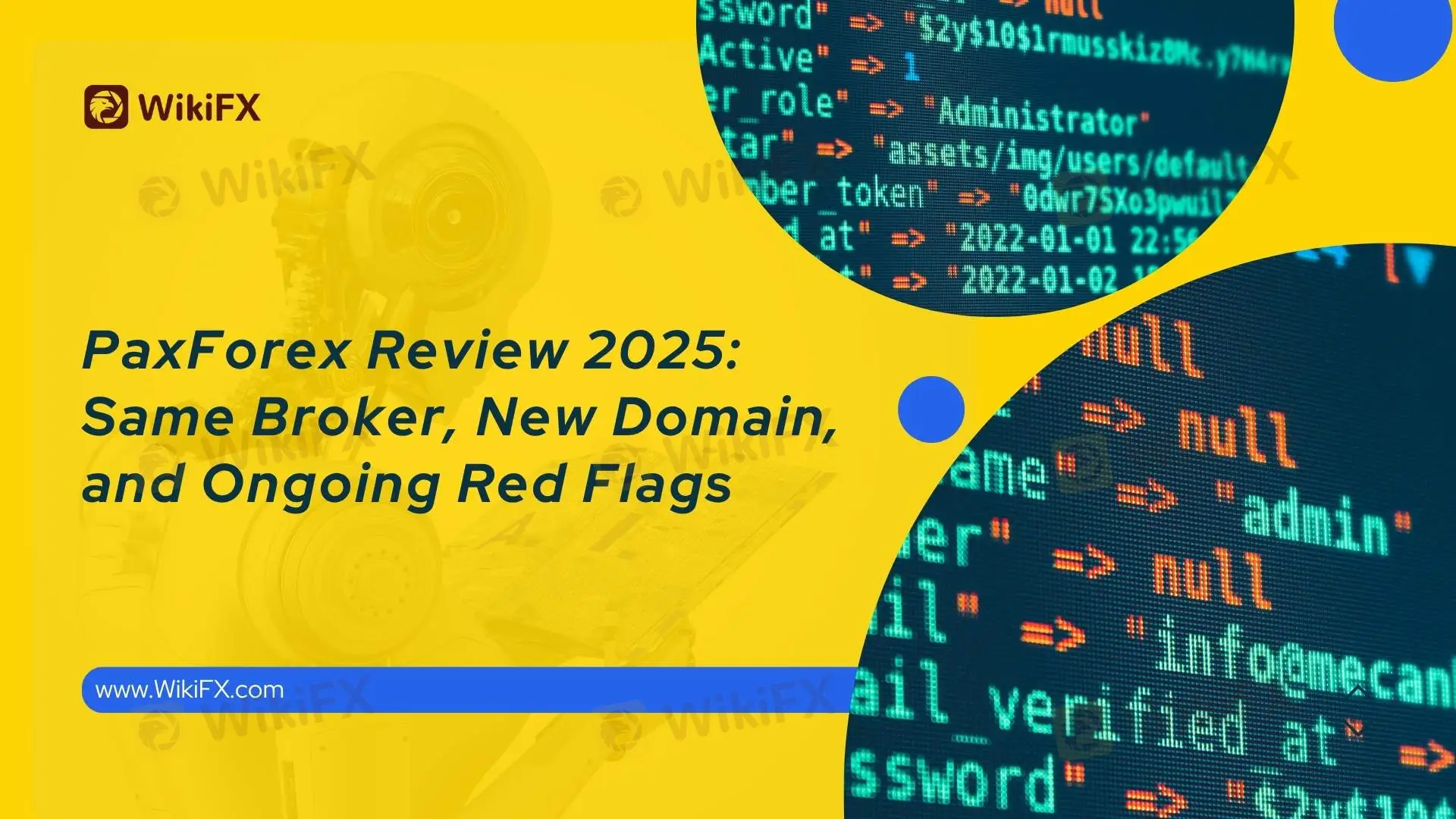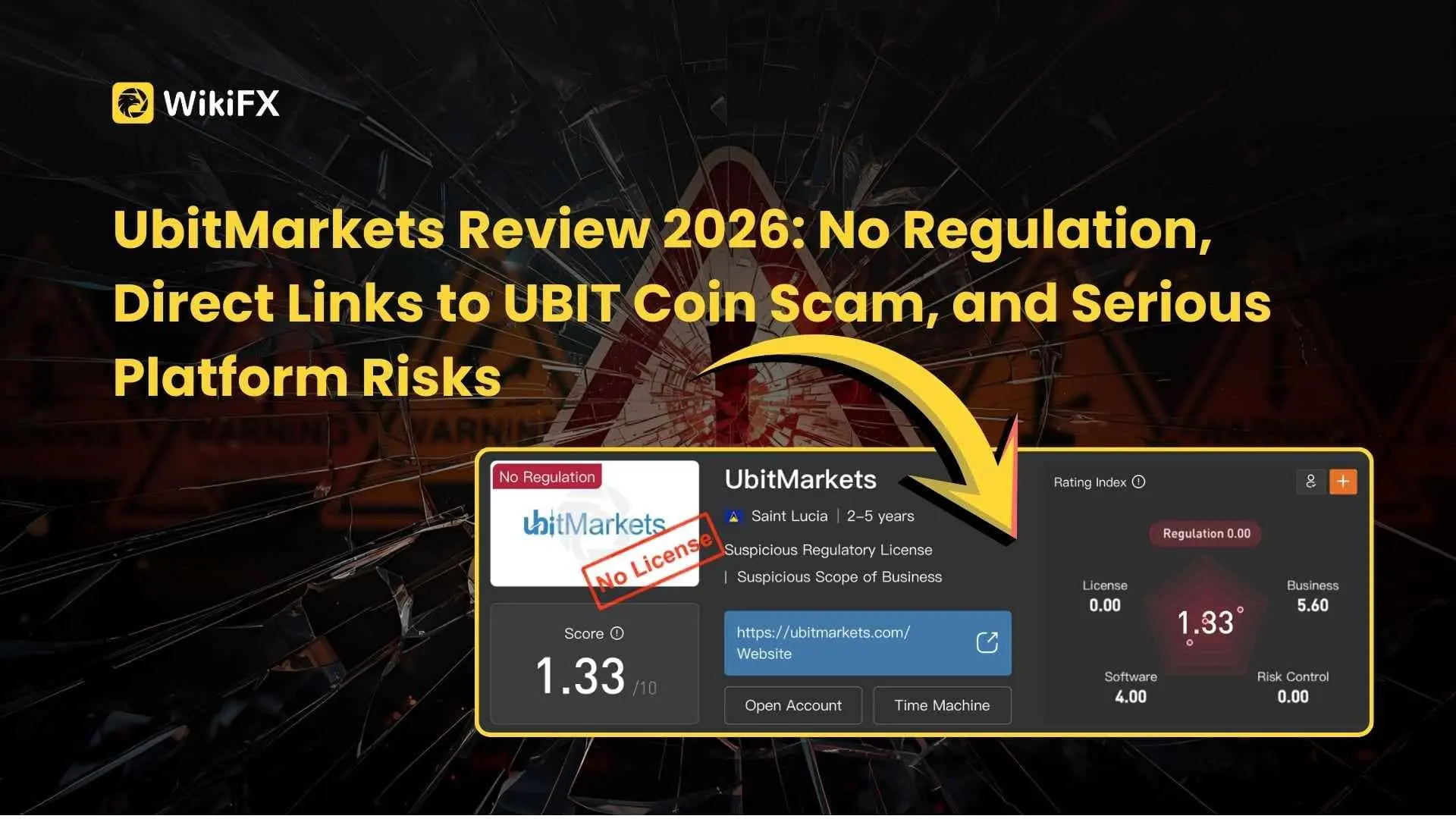Abstract:New Consob blackouts expose cloned investment sites and illegal forex platforms; investors are urged to verify licences and domains before funding any account.

Italys financial regulator has moved again against online investment fraud, ordering the blackout of a new wave of websites it says are operating illegally or abusing the identities of senior public figures to promote dubious trading schemes.
This latest action combines two trends Consob has been tracking for months: the industrial-scale use of “clone sites” built around copied branding and fake interviews, and a steady flow of unlicensed platforms offering online trading, forex, crypto and AI-based products to Italian users without any authorization.
Deepfake endorsements: Avenixio and Tegsub pulled offline
At the centre of this intervention are websites linked to the “Avenixio” brand, which used manipulated video content and fabricated media appearances to suggest backing from Italys Prime Minister Giorgia Meloni and Minister of Economy Giancarlo Giorgetti.
According to Consobs decision, multiple domains connected to Avenixio were used to distribute these materials and channel users toward unlicensed trading services. A separate site, Tegsub, allegedly replicated the image and identity of Minister Giorgetti for the same purpose.

This is not an isolated format but a repetition of a pattern Consob has already flagged in earlier operations: fraudulent platforms wrapping high-risk or abusive products in staged interviews, fake TV segments and unauthorized use of official portraits to manufacture credibility.
Eight more domains flagged for abusive intermediation
Alongside the takedown of the political deepfake sites, Consob has ordered access restrictions on a further group of online platforms it associates with unauthorized investment or trading activity.
These include operations presented under names such as D2XMarkets, Easy MarketsEU Limited, VT Markets Limited (using an unofficial Italian-targeted domain), FPM Trading, ITALGO.AI, Comgestfx, Progestrade and Renaitech AI. Across these brands, Consob points to common elements: dedicated client portals, trading dashboards and AI or high-yield narratives, but no recognised authorization to offer investment services in Italy.
The intervention does not turn on cosmetic language. For each of these cases, Consobs concern is straightforward: Italian clients are being solicited into opening accounts, moving funds and using leveraged or speculative products with entities that fall entirely outside the regulated perimeter.
Why these actions matter beyond Italy
The details of this latest round speak to wider shifts in how financial scams are built and distributed.
First, the use of political figures and public officials in fabricated endorsements marks an escalation from older “celebrity” tactics. When fraud campaigns attach themselves to prime ministers or finance ministers, they are not only misleading investors; they are directly attacking institutional credibility. By moving decisively against these sites, Consob is signalling that such misappropriation will be treated as a threat to market integrity, not just an advertising issue.
Second, the list of blocked platforms again illustrates how cheaply scalable these schemes have become. Many of the domains operate on near-identical templates, swapping only brand names and logos while targeting different segments—forex traders, crypto users, AI-enthusiasts, or Italian-speaking retail clients searching for “regulated” opportunities. From a supervisory perspective, the underlying risk is the same: opaque operators, unclear jurisdiction, and no enforceable investor protections.
Practical implications for investors
For retail traders, the takeaway is less about memorising individual domain names and more about recognising patterns.
A platform that leans on dramatic video “interviews”, improbable guarantees, or borrowed authority from well-known public figures should immediately raise questions. The same applies where an entity claims to operate in or from the EU or UK, but does not appear on any official register and is reachable only via generic emails and anonymous portals.
For investors, the message behind this latest action is clear: dont stop at the branding, the storyline, or the polished landing page. Before opening an account, uploading documents, or wiring funds, traders should verify who they are really dealing with and whether that entity holds any valid licence at all.
In addition to checking official registers, investors can use tools like WikiFX to cross-check a brokers regulatory status, confirm its official website, spot possible clone domains, and review exposure cases or user complaints linked to a brand.









